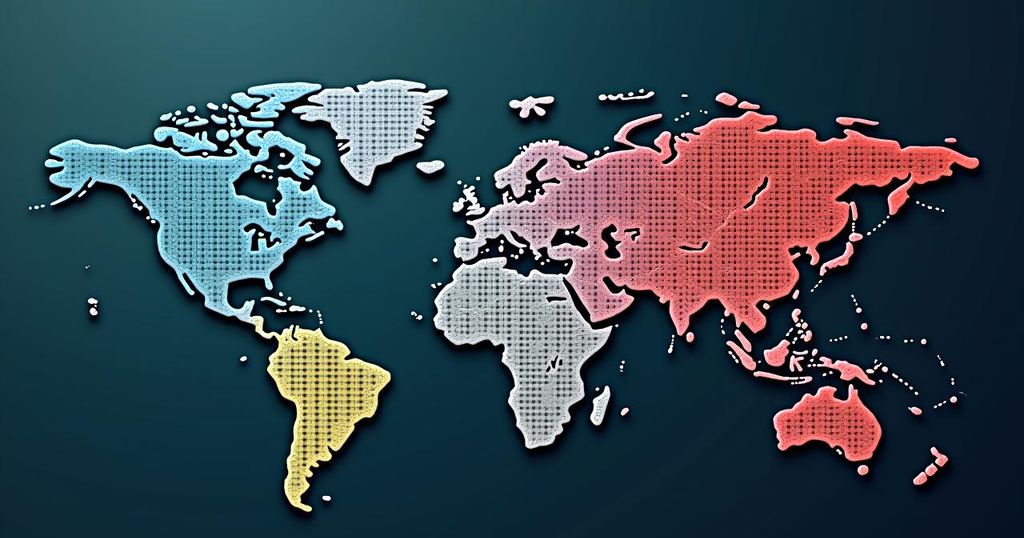Myanmar and China: The Dismal State of Internet Freedom Worldwide
The Freedom House report identifies Myanmar and China as having the worst internet freedom, marking a decline in global internet freedoms for the 14th year. Myanmar’s military government has intensified censorship, while China’s repressive ‘Great Firewall’ keeps a firm grip on online discourse. Kyrgyzstan experienced significant downgrades due to government crackdowns. Iceland remains the freest country online, contrasted by worsening conditions in many countries, including the United States as elections approach.
In a recent report published by Freedom House, both Myanmar and China have been designated as having the most detrimental environment for internet freedom worldwide. The Global Internet Freedom report reveals that internet freedom has deteriorated for the 14th consecutive year, highlighting Myanmar’s alarming decline as it became the first nation in a decade to match China’s low score. The military regime in Myanmar has intensified censorship and surveillance of online discourse. In comparison, China’s lack of internet freedom is attributed to its extensive censorship efforts, often referred to as the “Great Firewall.” The report also notes a notable decline in internet freedoms across several other countries, particularly in Kyrgyzstan, where governmental measures imposed by President Sadyr Japarov have sought to suppress online organizing and critical digital media. Conversely, Iceland retains its title as the country with the freest online environment, followed by other nations that exhibit strong protections for digital rights. Furthermore, the report raises concerns regarding internet restrictions within the United States, especially in light of the upcoming presidential elections where government surveillance and censorship may distort the information landscape.
The Freedom on the Net report serves as a valuable resource outlining contemporary challenges to internet freedom across several countries. This year, the findings underscore a troubling trend of systematic repression, particularly in nations governed by authoritarian regimes, where censorship and surveillance remain rampant. Notably, Myanmar’s military government has utilized stringent measures to curb dissent, while China continues to fortify its digital borders to maintain control over its populace. The report not only assesses government actions that infringe upon online liberties but also calls attention to the rising number of arrests related to nonviolent expressions. Moreover, the implications of upcoming elections further complicate the narrative of internet freedom, particularly in democracies that face their own battles against censorship.
In conclusion, the alarming report from Freedom House delineates a grim picture of internet freedom in Myanmar and China, marking both nations as the least favorable environments for digital rights. The systematic repression in these countries, alongside the sharp decline in freedoms in Kyrgyzstan, raises significant concerns about the state of human rights online worldwide. Conversely, the report does acknowledge some positive developments in nations like Iceland and Zambia, where online freedoms are increasingly respected. The ongoing dynamics of digital expression and the impact of governmental measures highlight the critical need for continued advocacy for internet freedoms globally.
Original Source: www.aljazeera.com








Post Comment